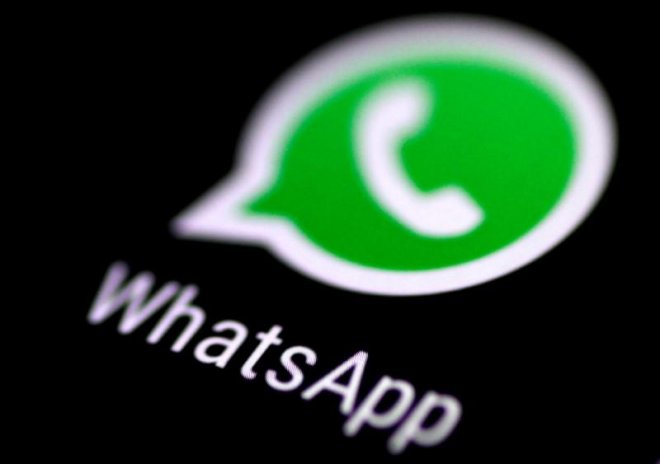
The Indian Railways earlier this week decided to prohibit its operational staff from using WhatsApp while on duty. The state-owned national transporter believes that the latest restriction will help to reduce accidents and make train journey safer over time. But how would WhatsApp be the reason for the distraction of the railway employees during their working hours? And importantly, in what ways the prohibition of the Facebook-owned instant messaging app could give a boost to the productivity of employees at any particular organisation?
Since the beginning of 2017, the Indian Railways has been criticised for a series of accidents that claimed hundreds of lives in the country. Though infrastructure failure majorly results in mishaps, experts believe the negligence of the staff is also among the other vital reasons. This has ultimately pushed a circular that the Delhi division of the Railways department has issued to ban all its associated staff members from using WhatsApp. The circular, as first reported by India Today, has been released for all maintenance and safety staff, including trackmen, gang men guard on railway crossings, loco drivers and station managers.
Also read: Facebook makes logging in swift, launches facial recognition
Interestingly, the same Indian Railways created WhatsApp groups back in June to track cleanliness across its stations. The Lucknow division established 25 different groups on the instant messaging app to monitor routine maintenance around 25 railway stations.
The latest decision is, therefore, not entirely against WhatsApp. It is instead to overcome the instances of the negligence that has been surfaced among the railway personnel due to the extensive use of WhatsApp.
Global scenario
India isn't the only country where WhatsApp is adversely affecting the working lives. Developed regions like the UK and US are also impacted by the excess usage of the messaging app.
As per a research by career site Dice on a sample of 1,000 people, around 70 percent of workers in the UK admitted that they use apps like WhatsApp and Facebook on a regular basis during their workday. The study revealed that 40 percent of the total respondents had sent messages about new job opportunities, while nine percent have even flirted with a colleague by sending private messages.
Researchers at Harvard consider WhatsApp as a "highly addictive" app. Analysis, called "Impact of WhatsApp on youth: A Sociological Study", highlights that the impact of the instant messaging app restricts the emotional quotient of its users. "Their happiness or sadness depends on the reply which they receive from other users. They cannot control themselves from constantly chatting, replying and sharing of ideas," the study said.
Roadblock for revenue stream
WhatsApp is being used by more than a billion people worldwide on a daily basis. Despite its remarkable growth in the messaging world, the app hasn't been a source of revenue for Facebook, which acquired its presence in February 2014 for whopping US$19.3 billion. The team led by co-founder Jan Koum lately started exploring a business app model to kick-start the revenue generation. But the fresh concerns over distraction through its usage at workplaces might make things difficult for the app to persuade enterprise customers in the future.
Eventually, it's an incessant debate on WhatsApp -- questioning it as a boon or bane!









